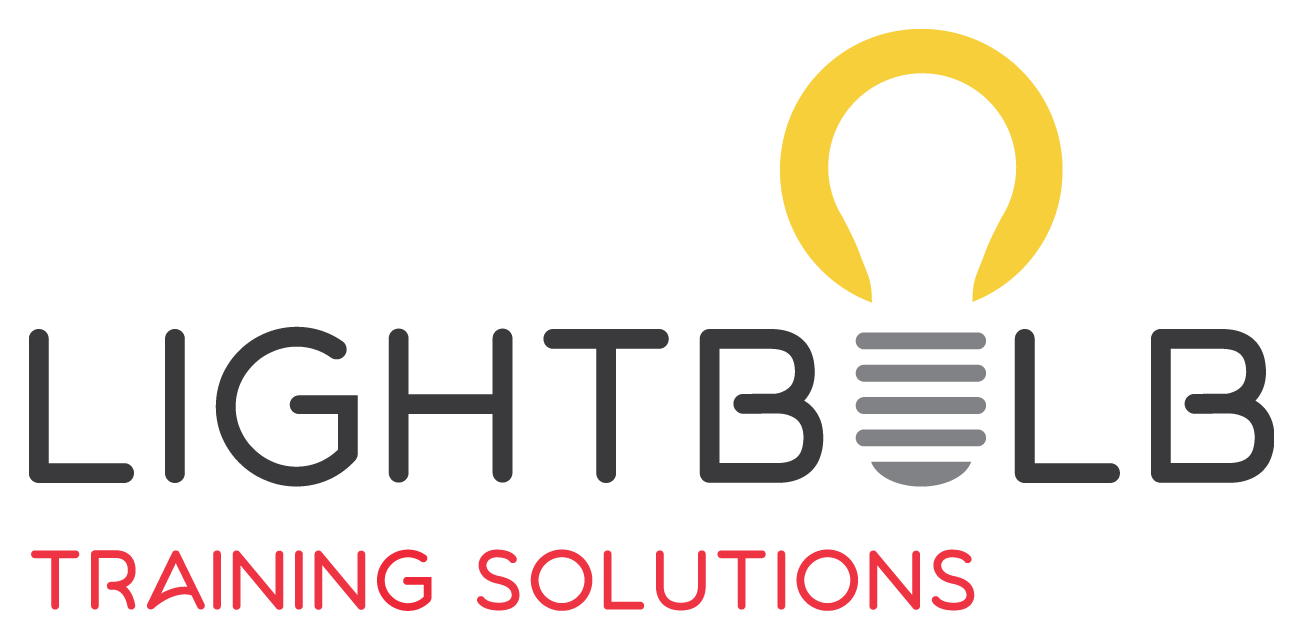The Emotional Intelligence Advantage: Mastering Your Emotions for Customer Service Success
Have you ever felt your temper flare in the face of a demanding customer? Or perhaps struggled to connect with a customer who seemed withdrawn and upset? Or perhaps a frustrated customer triggered your own frustration, or maybe a tearful client left you feeling helpless? Welcome to the world of customer service, where emotional intelligence (EQ) is just as important as technical knowledge.
The quote by Aristotle, "Anyone can become angry – that is easy," perfectly captures the challenge of managing emotions, especially in high-pressure situations. While anger might be a natural response to frustration, expressing it rarely leads to positive outcomes.
The Science Behind Our Emotions
We've all heard of EQ, but what exactly is it? It's the ability to understand, use, and manage your own emotions in positive ways to achieve your goals. While it might seem simple, it's actually quite complex and as Aristotle highlights, managing our emotions has been a human struggle for millennia. Our brains are wired to prioritise emotions. The limbic system, often referred to as the "emotional brain," reacts first, triggering our "fight-or-flight" response before the logical cortex even has a chance to catch up. This can lead to emotional reactions that aren't always helpful in a customer service setting.
The Power of Emotional Intelligence in Customer Service
So, how can we harness the power of EQ to excel in customer service? Here are a few key benefits:
Conflict Resolution: Customers with concerns often come in feeling emotional. By understanding and managing your own emotions, you can de-escalate situations and find win-win solutions.
Building Rapport: Empathy is a cornerstone of EQ. When you can recognize and understand a customer's emotions, you can build rapport and create a more positive interaction.
Active Listening: Truly listening goes beyond simply hearing words. EQ allows you to pick up on subtle emotional cues and tailor your communication style accordingly.
Stress Management: Customer service can be stressful. EQ equips you with the tools to manage your own stress levels, preventing burnout and fostering a more positive work environment.
Improved Sales & Customer Satisfaction: Customers who feel valued and understood are more likely to be loyal patrons. High EQ leads to happier customers and a thriving business.
Mastering Your EQ: Putting Theory into Practice
Here are some tips to take your emotional intelligence to the next level:
Self-Awareness is Key: The first step is understanding your own emotional triggers. What situations or behaviors make you feel frustrated or angry?
Take a Deep Breath: When emotions start to rise, take a physical step back and take a few deep breaths. This allows your logical brain to catch up and respond thoughtfully.
Active Listening with Empathy: Focus on understanding the customer's perspective. Acknowledge their emotions and validate their feelings.
Positive Body Language: Maintain eye contact, smile genuinely, and use open body language to project calmness and approachability.
Focus on Solutions: Shift the conversation from blame to solutions. Work collaboratively with the customer to find a mutually agreeable outcome.
Lightbulb Training Solutions: Illuminating Your EQ Potential
At Lightbulb Training Solutions, we believe that emotional intelligence is a critical skill for every customer service professional. We offer a variety of training programs designed to help you:
Identify your emotional triggers and develop effective coping mechanisms.
Master active listening skills and build empathy with customers.
Communicate effectively in high-pressure situations.
Project a positive and professional demeanor that fosters trust and rapport.
Ready to transform your customer service interactions and create a loyal customer base? Contact us today to discuss your specific needs and learn how Lightbulb Training Solutions can help you illuminate your EQ potential and shine a light on exceptional customer service!

